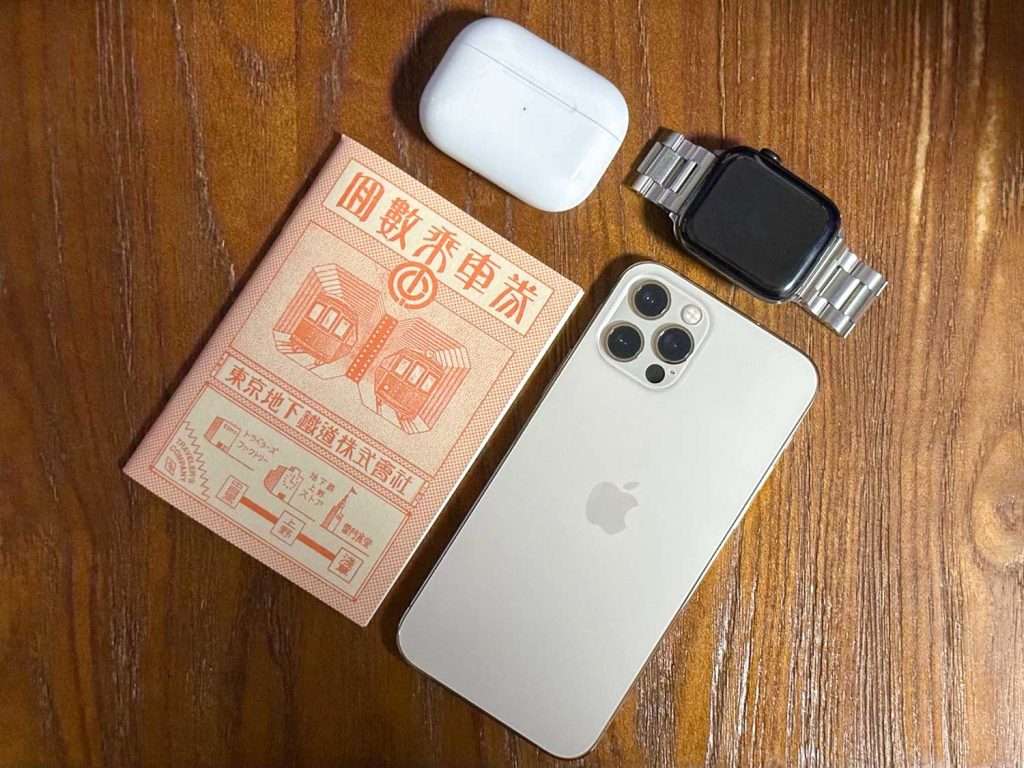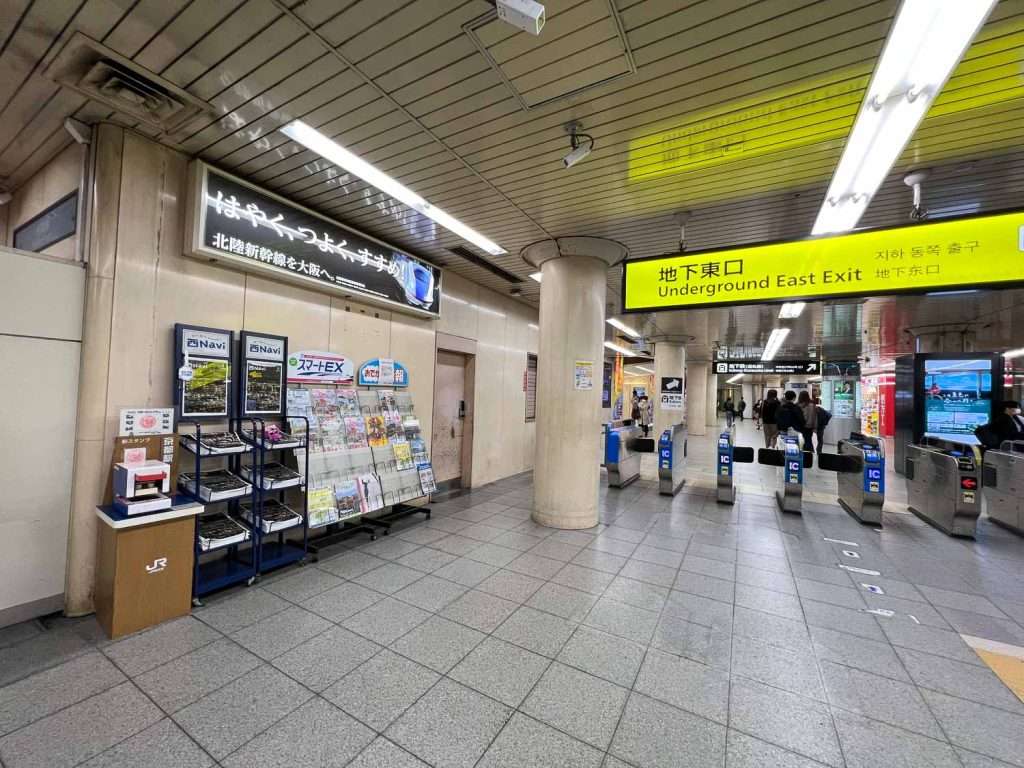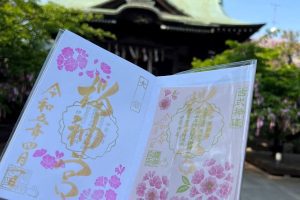Like collecting things? Then collecting eki stamps might be something you would be interested in while traveling through Japan. Oh did I mention; this activity does not involve money at all — it’s absolutely free!
Warning: Please do not miss your train just to collect these! 🤭
What Are Eki Stamps (Japanese Train Station Stamps)?

Eki stamp (駅スタンプ) translates literally to station stamp. These are typically found near the exit(s) or the entrance(s) of the station.
I have seen only 1 stamp counter in most stations but there are actually 2 stamp counters at Kyoto Station. I will be sharing a few variations of the eki stamps and their locations in the stations that I have visited. However, not all Japanese train lines will have them, but rest assure that most Japan Railway (JR) stations will have them, so do keep a lookout if you are on any of the JR lines.
Where To Find Stamp Books?

You can stamp the eki stamps on of your journals or notebooks, or get a notebook from nearest bookstore. Most bookstores will sell eki stamp books, with prices ranging between ¥500 – ¥1000. I got mine from Traveler’s Factory as I’m using their journal books and it could be added into my journal. It’s also a limited edition book from their collaboration with the Tokyo Metro. Will be sharing more about my travelling journal and other stamps in other posts.
If you do not wish to spend money on a notebook, you can ask for a piece of paper from the train station staff. Some stations do have special printed papers that you can collect too!

JR East (Tokyo Branch) New Stamps
For those who are only visiting Tokyo, good news is that recently in July 2020, JR East introduced new stamps for all 78 stations covered within their Tokyo branch office area. These stamps are smaller than your usual stamps though. English names of the stations have also been included so more tourists will also be able to enjoy this activity together.
Tips For Stamping!
1. Bring some rough paper along:
– to test the stamps;
– to lay your book on (as it can be rather messy with inks on the stamp counter);
– to use as a backing to prevent ink bleeding onto the next page
2. Record the station name and/or date (take a picture, if you have allowed your smartphone’s camera to use your location) – this will help you to identify the station names if you are not able to read Japanese.
Stamp Locations
Japan Rail West
Kyoto Station 京都駅
2 stamp machines in this station


Kyuhoji Station 久宝寺駅

Namba Station 難波駅

Nara Station 奈良駅

Osaka Station 大阪駅

Shin-Osaka Station 新大阪駅

Universal City Station ユニバーサルシティ駅

Japan Rail East
Saitama Shintoshin Station さいたま新都心駅

Japan Rail East (Tokyo Branch)
Akihabara Station 秋葉原駅

Harajuku Station 原宿駅

Shibuya Station 渋谷駅


Tokyo Station 東京駅

Ueno Station 上野駅
Missing the location image for this stamp, but its right outside the JR ticket office! The stamp “platform” looks exactly the same as the others in JR East (Tokyo Branch) and in green, so it will be easy to identify.
Hope these will help with your eki stamp collection!
Looking for more stamps to collect?
Inkan
Besides eki stamps, you can also collect stamps at various shops over Japan! We’ve also documented all the other stamps we’ve chanced upon in Japan, over in another stamp post. Check it out for more stamp collecting fun!
Read: Collecting Inkan Across Japan
Goshuin
Goshuin, a handwritten stamp by monks, are also popular amongst locals and tourists. They can be found in most temples across Japan and each require a small fee.
Read: Goshuin — All You Need To Know About Collecting Them





